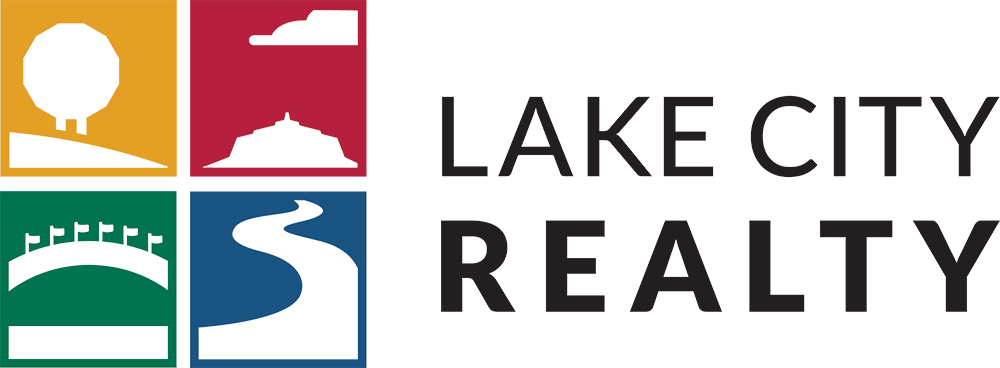What Actually Happens During the Closing Process?
The closing process is the final step in purchasing a home, but for many buyers, it can seem like a mysterious experience. In reality, closing is a well-organized series of events that, when understood, can help alleviate stress and ensure a smooth transition to homeownership. Let's demystify the closing process and explore what actually happens during this crucial phase of your real estate journey.
Pre-Closing Preparations
Before the official closing day, several important steps take place:
Final walk-through: Buyers typically conduct a final inspection of the property to ensure it's in the agreed-upon condition.
Document review: Both parties review numerous documents, including the closing statement, deed, and mortgage papers. It’s possible to pre-sign some documents at this stage, which can be advantageous to speed up closing day.
Funds preparation: Buyers arrange for the transfer of closing costs and down payment funds. This can be a cashier’s check or an electronic transfer.
The Waiting Game
The closing process—from “contract signed” to “keys-in-hand”—takes an average of 43 days. Most of the time you’ll spend waiting depends on buyer financing, because that’s the part that takes the longest to come through. Once that’s ready and approved, you’ll move to closing day.
Closing Day
On the day of closing, several key events unfold:
Meeting of Parties
The buyers, sellers, their respective real estate agents, and a closing agent (usually an attorney or title company representative) gather at a predetermined location. In some cases, buyers and sellers may close separately.
Document Signing
This is the heart of the closing process. Each party will sign a multitude of documents, including:
The closing statement (detailing all financial transactions)
Mortgage documents
Property deed
Affidavits and declarations
Fund Transfer
The buyer provides a cashier's check or initiates a transfer for the remaining balance of the home's purchase price and closing costs. The closing agent then distributes these funds according to the closing statement, paying off the seller's existing mortgage, real estate commissions, and other fees.
Key Exchange
Once all documents are signed and funds are transferred, the seller hands over the keys to the property, along with any other relevant items like garage door openers or security codes.
Post-Closing Activities
After the closing meeting, a couple final steps occur:
Document recording: The closing agent files the new deed and mortgage documents with the local government.
Title transfer: The title company registers the change in ownership.
Move in: You’re ready to move into your new home. Congratulations!
In conclusion...
While the closing process involves numerous steps and can seem overwhelming, understanding what to expect can help you navigate this final stage of your home purchase with confidence. Remember, your real estate agent is there to guide you through each step, ensuring a successful and exciting transition into your new home.
Buying or selling and want some help from an expert? Get in touch.
Looking for an expert guide?
Let's work together. We'll make every step easy and as stress-free as possible.



